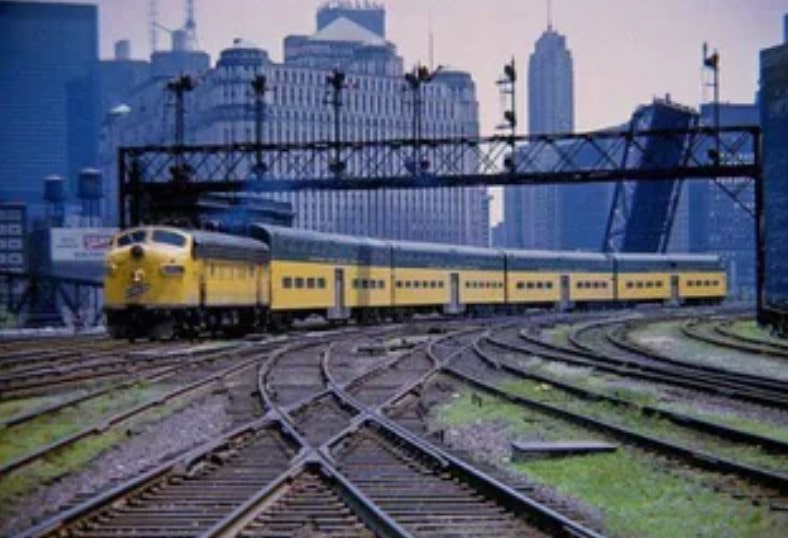London Northwestern Train Derailment Sparks Major Safety Probe Near Bletchley
A London Northwestern Train derailed just outside Bletchley last week, prompting an urgent investigation by rail authorities. The incident, which happened at Denbigh Hall South Junction on 26 June, brought parts of the network to a standstill, raising alarms over operational protocols and safety systems.
The train, though not in service at the time, had only just departed Bletchley station when things took a turn. It was 12:27 BST. The unit had encountered a fault and couldn’t head south as planned. Instead, it was rerouted in the wrong direction—southbound on a line not protected by the usual safety signals.
“As the train travelled on the southbound line at approximately 15 mph, it reached a switch diamond crossing, where the front bogie derailed.”
That’s when the trouble truly began.
Fortunately, there were no passengers aboard. The train was being moved to a depot, and the only people onboard—four staff—escaped unharmed.
Still, the disruption was severe. Services through the junction remained suspended until 29 June at 16:05 BST. That’s three days of delays, cancellations, and detours for both passenger and freight operations. The derailment didn’t just impact travel—it rippled through the local economy.
This was more than a mechanical glitch. The failure of established procedures left the train exposed on a track lacking standard signal protections. It’s a stark reminder of what’s at stake when safety systems aren’t airtight.
“The derailment caused a significant disruption,” investigators noted, and now the Rail Accident Investigation Branch (RAIB) is on the case. A full report is being compiled, and it’s expected to dive deep into what went wrong—and how to prevent it from happening again.
The derailment dealt a blow to business commuters. With routes out of action, many professionals had to scramble for alternate transport. For a network relied upon for fast, direct travel, this kind of failure hits hard.
Local enterprises also felt the pinch. Deliveries were delayed. Timetables went out the window. For industries tied to logistics, retail, or just-in-time supply chains, the impact was immediate and costly.
As the investigation continues, broader questions are emerging. Why was the fault not caught earlier? Should procedures be updated for empty trains? And what role does communication play during these rare but critical failures?
“This derailment is a critical safety issue, drawing attention to potential weaknesses in the system.”
It’s not just about identifying faults—it’s about plugging the gaps in operational oversight. The RAIB’s findings could bring about policy changes that redefine how out-of-service trains are handled in the future.
A final report will soon be made public. It will include technical findings and recommend ways to bolster safety moving forward. Until then, travellers and businesses alike are being advised to check for updates on affected services in and around the Bletchley area.
The goal? Preventing another Northwestern Train derailment. Making rail safer. And ensuring that business, travel, and daily life don’t grind to a halt due to system oversights.
This event has become a powerful reminder: safety isn’t optional. It’s fundamental.






